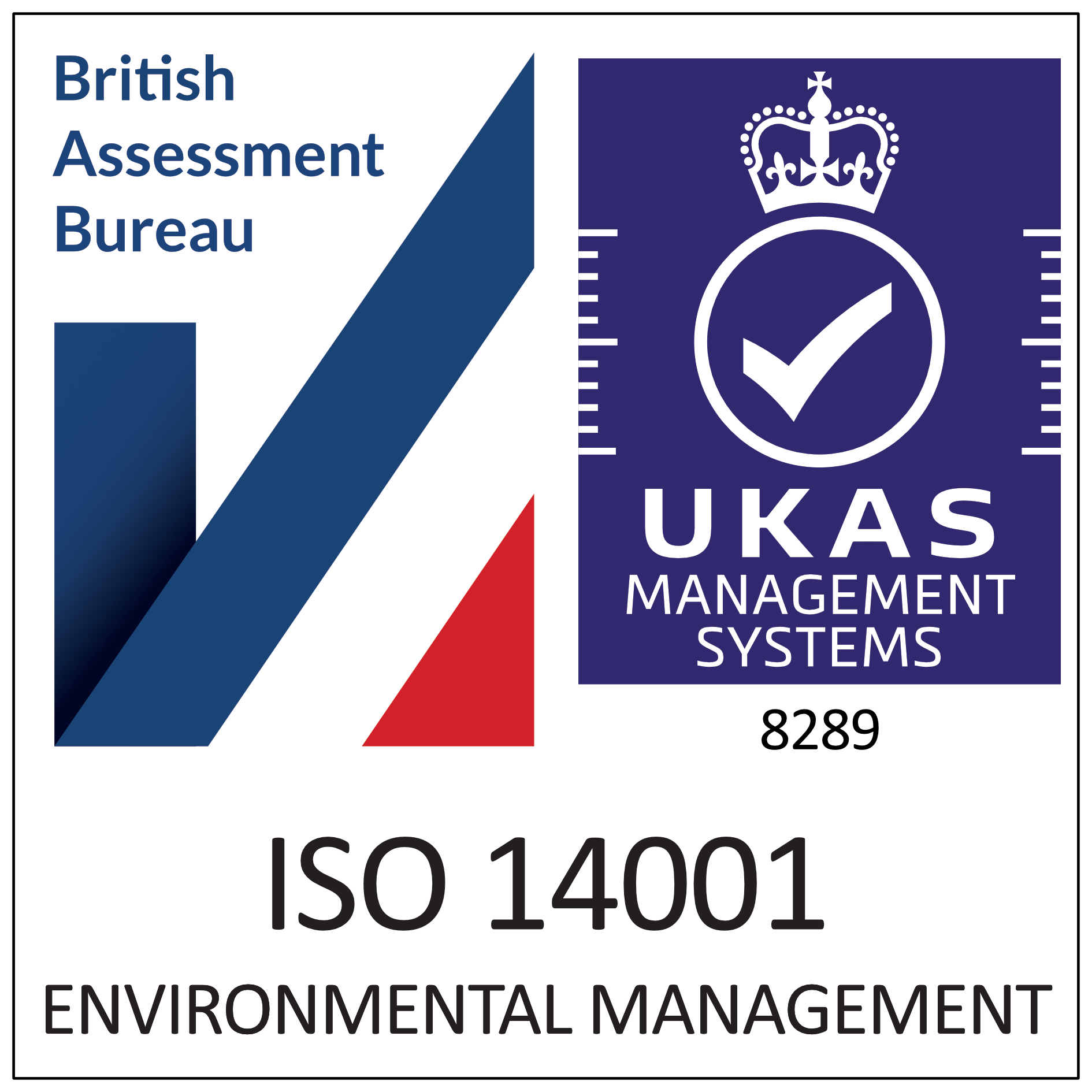








Please be aware we are currently experiencing some technical issues with our website. We are working to fix this as soon as possible and we apologise for any inconvenience. If you are having problems enrolling online please call our Admissions Team on 01235 216 400.
Find your perfect course from our full-time, part-time and professional qualifications
Looking for news or general information? Search our entire website
Course code: XMBS400P
Subject area: Plumbing & Heating
Study level: Apprenticeship
Course level: 3
Course time:
Days of week:
Various
Course date:
1st Aug 2024 - 31st Jul 2025
Course location:
Bicester Construction Skills CentrePlumbing and Renewables technicians can find themselves working inside or outside a property. Customer service skills and being tidy and respectful are important qualities as they can often find themselves working in customers’ homes as well as on building sites.
Delivery model:
- Work-based training with your employer
- Day release during term time (approximately 1 day a week for 3 years). Training on specific renewables technologies may be offered through block release.
- Approximately 5 on-site assessment visits per year
- Level 2 Functional Skills in Maths and English (7 days at college for each, if required)
- Off the job training will count for at least 20% of an apprentice’s time at work
Qualifications included:
- Level 2 Functional Skills in English and Maths
- City and Guilds Level 3 Diploma in Plumbing and Domestic Heating
End Point Assessment:
- Multiple choice test
- Design project
- Practical installation and application test
- Professional discussion, based on a log book completed during the end point assessment period
- Health and safety legislation, codes of practice and safe working practices
- Selection, planning, installation, testing, commissioning and decommissioning, service, maintenance, fault diagnosis and repair techniques on cold water, hot water, central heating, above ground drainage and rainwater systems
- Principles of selection, installation, testing, commissioning, and service and maintenance techniques on solar thermal, heat pumps and water recycling systems
- Installation and testing techniques for electrical components and control systems on plumbing and domestic heating systems
- Scientific plumbing, domestic heating and mechanical principles
- Principles of domestic mechanical environmental technology systems
- Principles of fuel combustion, ventilation and fluing arrangements
- Principles of high-quality customer service
- Different communication methods to suit different situations
What skills will apprentices gain?
- Safe working
- Core plumbing system techniques including planning, installation, testing, commissioning and de-commissioning, service, maintenance, fault diagnosis and repair techniques of cold water, hot water, central heating, above ground drainage and rainwater systems
- Select, install, test, commission, service and maintain solar thermal, heat pumps and water recycling systems
- Electrical components and control systems techniques on plumbing and domestic heating systems
- The ability to take responsibility for their own work, organise and oversee a programme of work, and manage resources.
What behaviours will apprentices develop?
- Honesty and integrity
- Dependable and responsible
- Enthusiasm and positive attitude
- Quality focus
- Willingness to learn
- Work with others
- Sustainable working
A








